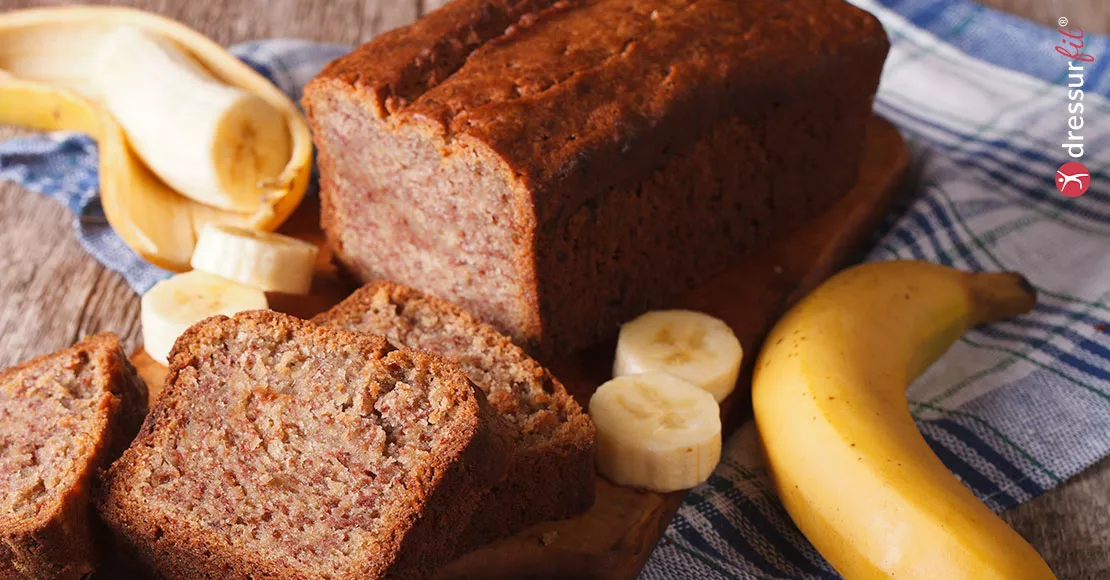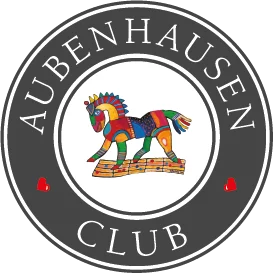
Food & Nutrition: Healthy energy for riders
As riders, we always ensure that the well-being and overall health of our horses is the best it can possibly be. An important aspect of which is to ensure that the horse receives the correct feed and nutrition in accordance with its training level. But what about the riders themselves? Their own dietary requirements are often overlooked and can be detrimental to their very own well-being and general health.
For any athlete, a balanced, healthy and nutritional diet is of the utmost importance so that they are able to satisfy the long-term physical demands that the sport places on their body. Only with a fit and efficient body can we get the best from ourselves, and that is why you should have the correct nutritional strategy in place!
Pre- and Post Training
„For most riders, it is recommended that a healthy meal or snack is eaten 1-2 hours before the exercise begins, and then once again between 1-2 hours after the exercise has ended. Pre-exercise, the snack or meal should meet all the nutritional requirements needed for the level of exercise about to take place. Post-exercise, nutrition and energy needs to be put back into the body. There is no need to get fancy, mind you. Keep it simple. There are two important things to consider. Firstly: make sure the snack has a balanced and nutritional value. Secondly: portion size – don’t eat too much and don’t eat too little“ – so explains our fitness guru Marcel Andrä.
„Ideally, the pre-workout meal should give you the necessary energy required. It will get your body ready by increasing your energy levels. It will also make sure that you are sufficiently hydrated – protecting your muscles and improving regeneration. You should try to have this meal within three hours of starting your training, riding or fitness workout. If such a ‚meal-window‘ is not available to you and if you need to eat something quickly before training begins, then make sure it can be easily digested by your body and does not weigh you down. The shorter the timespan between eating your meal and exercise taking place (less than 60 minutes), equals less time for your body to digest and make good use of the nutrition – this is why smoothies or shakes can be a good solution.”
A healthy, balanced and nutritional meal should include the following elements: protein, complex carbohydrates as in whole meal options and healthy, unsaturated fats.
Protein
- protects muscles and reduces muscle damage
- provides the body with amino acids (essential for the body during training and exercise)
Carbohydrate
- vital ‚fuel‘ for your body
- supports regeneration
- protects gylcogen levels in both muscle and liver
- stimulates the release of insulin – in combination with protein, this improves protein synthesis and protects against protein degradation
Fat
- supports and maintains the levels of glucose and insulin in your blood, whilst at the same time keeping them balanced
- provides minerals and vitamins
During Training
Stay hydrated! It cannot be emphasised enough how important this is – particularly if you have taken a pre-training meal. „If good hydration is maintained, then you can go without having a ‚sports drink‘ of any kind“ emphasizes Marcel Andrä. „There are exceptions of course – for example, when it is very hot and you sweat more. Then you need to make sure that the necessary electrolytes (provided by sports drinks) are put back into your body, so as to maintain fluid balance and to support regeneration, once the exercise is complete“.
Nutrition ‚on-the-go‘
Our lives are getting busier. When you have lots to do and things get busy, it can prove very difficult to maintain a good, balanced and healthy diet. Too often, we eat something quick and easy, or we revert to a fast-food alternatives. Sometimes we choose to skip a meal altogether thinking that we can make up for it later. Marcel gives the following advice: „When on-the-go, it is really important to have access to healthy foods. The better prepared you are, then it is less likely that you will need to grab an unhealthy, highly processed, fast-food alternative. For those that travel a lot, try to prepare healthy food to take with you. Be prepared!”
Lets take a sneaky peak into Jessis lunchbox! Watch the following video to get an insight into how Jessica manages her daily dietary needs both when training and when on the road at competitions.
Jessi’s favourite banana bread recipe!
A healthy, high energy snack when on-the-go.
- 3 ripened bananas
- 100g apple sauce
- 200g spelt wholemeal flour
- 40ml rapeseed oil or 2 eggs
- ½ pack of baking powder
- a handful of dried fruit or nuts. Dates (chopped into small pieces), raisins or walnuts work great!
Mix together the flour, baking powder and oil or egg. Take the ripened bananas and mush them with a fork, then mix together with the apple sauce and the rest of the ingredients. Add your handful of dried fruits and nuts and mix together. Pour the mix into a greased tin or form. Bake in a pre-heated oven for 30 – 35 minutes at a temperature of 180°C
Eat. Be happy.
If you want to stay up to date with all the latest tips and tricks relating to riding, rider fitness and mental fitness, then simply sign up to our English newsletter here.
